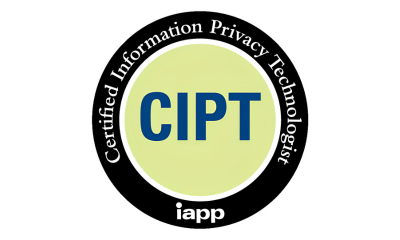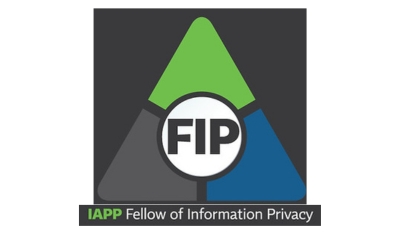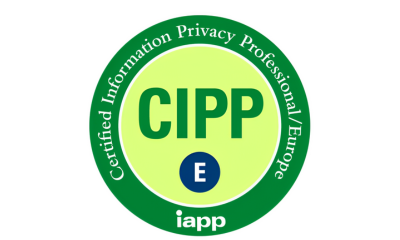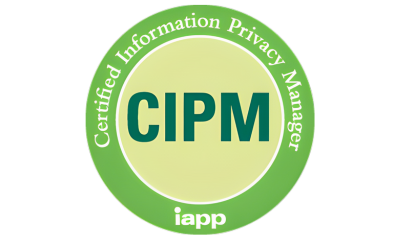The Certified Information Privacy Technologist (CIPT) Certification Training is a rigorous program that assesses individuals' knowledge of privacy technology. The certification is offered by the International Association of Privacy Professionals (IAPP), the largest global information privacy community. To become certified, candidates must pass an exam that assesses their knowledge of the privacy technology ecosystem, including tools and technologies used in privacy program management. The CIPT Certification is recognized globally and is a mark of excellence in privacy technology. This certification demonstrates that an individual possesses the necessary skills and knowledge to manage privacy technology effectively, which is highly valued by employers, clients, and peers. Holding a CIPT Certification can lead to new career opportunities and advancement within organizations. In summary, the CIPT Certification is a prestigious credential that demonstrates an individual's expertise in privacy technology and is recognized globally by the industry.


















